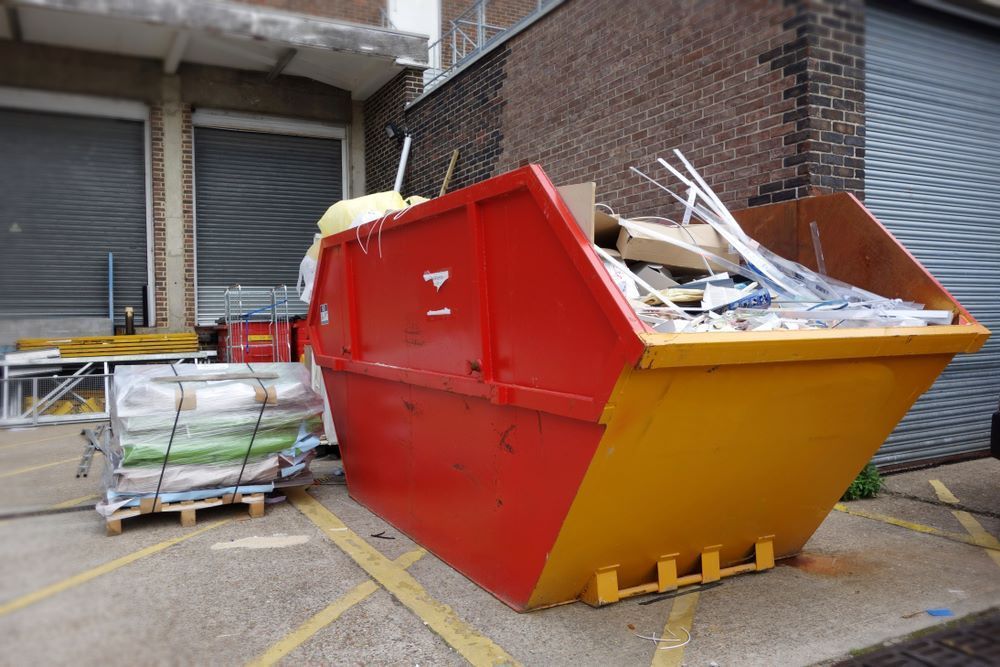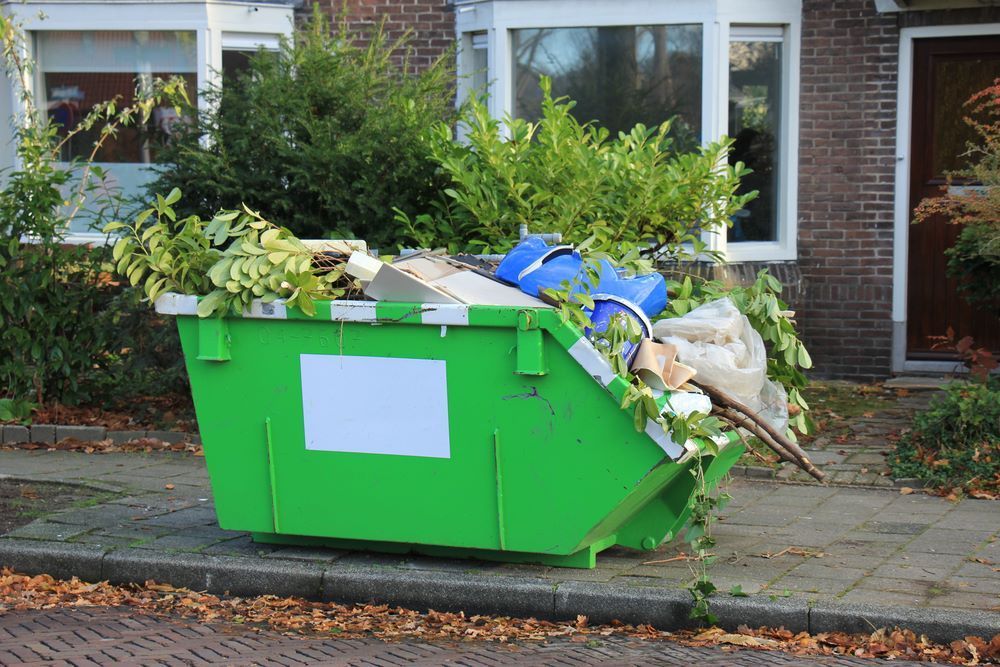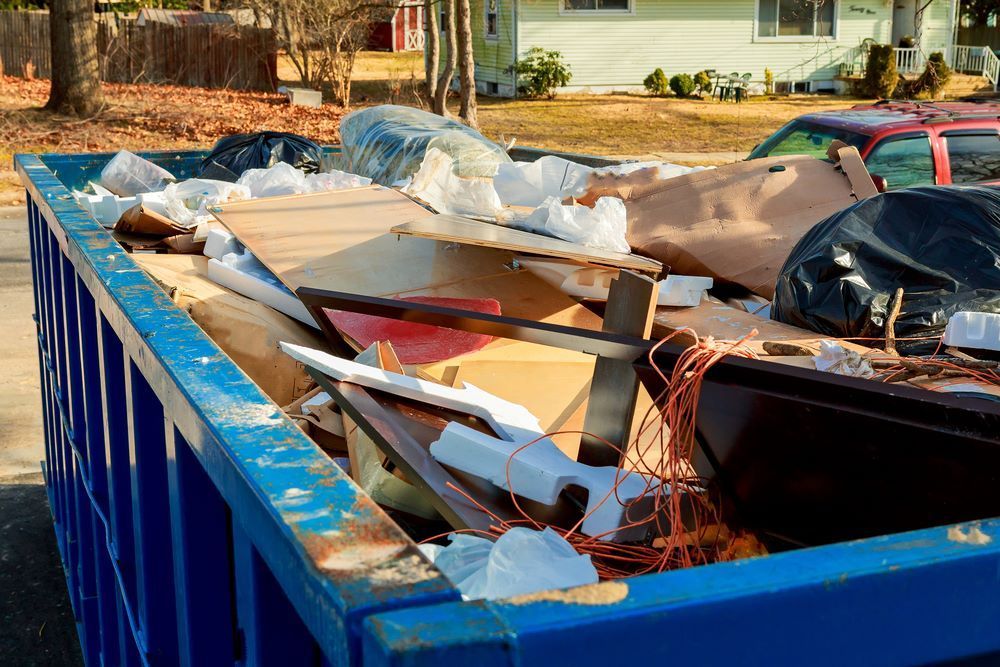Hard Rubbish Removal Near Me in Geelong
- No Call-Out Fees
- Same-Day Removals
- Servicing Local Community for over 14 Years
We are a national removals and storage company in Australia. We can help you get from A to B in a breeze.
We're Here To Help
Here to help with all your local and interstate moving needs.
Contact Us
Thank you for contacting Bellarine Removals.
We will get back to you as soon as possible.
Please try again later.
Geelong Hard Rubbish Removal
Hard rubbish piling up? Our hard rubbish removal service in Geelong is a simple way to get rid of bulky items that won’t fit in your bin.
Bellarine Removals can collect furniture, white goods, garden waste, electronics, and more—saving you the hassle of dump runs or council restrictions.
We handle every job efficiently and responsibly, including proper disposal and recycling where possible. Whether it’s part of a clear-out or just a few unwanted pieces, we’re the team locals call to get it done fast.
Call 0478 088 244 today and book a reliable hard waste pickup in Geelong.
All Moves, Big or Small
Local Experts, Personal Service
Reliable & On Time
Handled With Care
Clear Space Without the Stress
Our Geelong hard waste removal service is ideal when you're decluttering, renovating, or simply need to free up space.
We remove mattresses, broken appliances sheds full of junk—you name it. Our experienced team makes sure everything is handled safely, and we never leave a mess behind.
You don’t have to lift a thing; just point us to the pile. Whether it’s a one-off job or a bigger property clean-up, we tailor our services to your needs.
With local knowledge and a can-do attitude, we help Geelong residents get their spaces clean and clutter-free without the fuss.
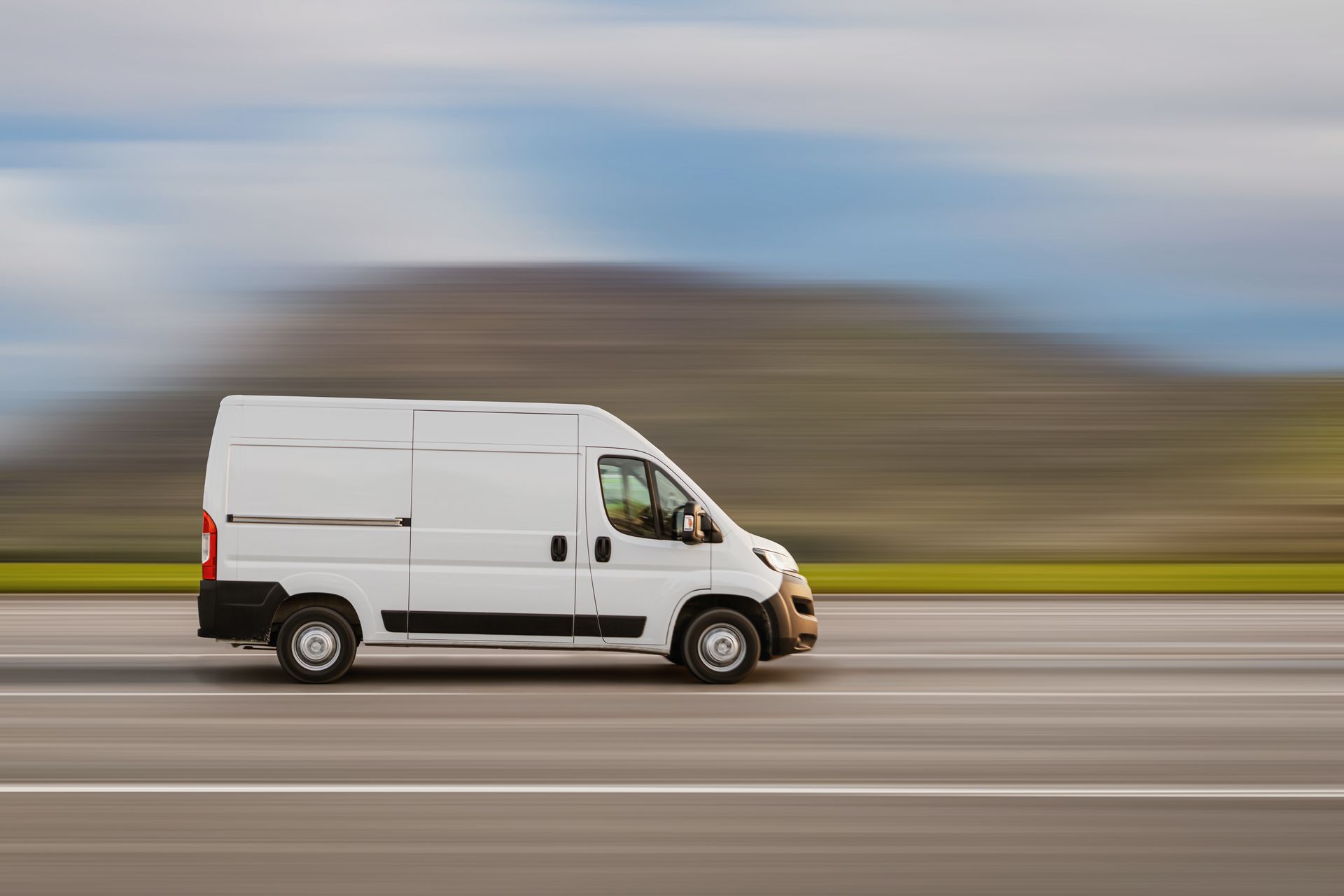
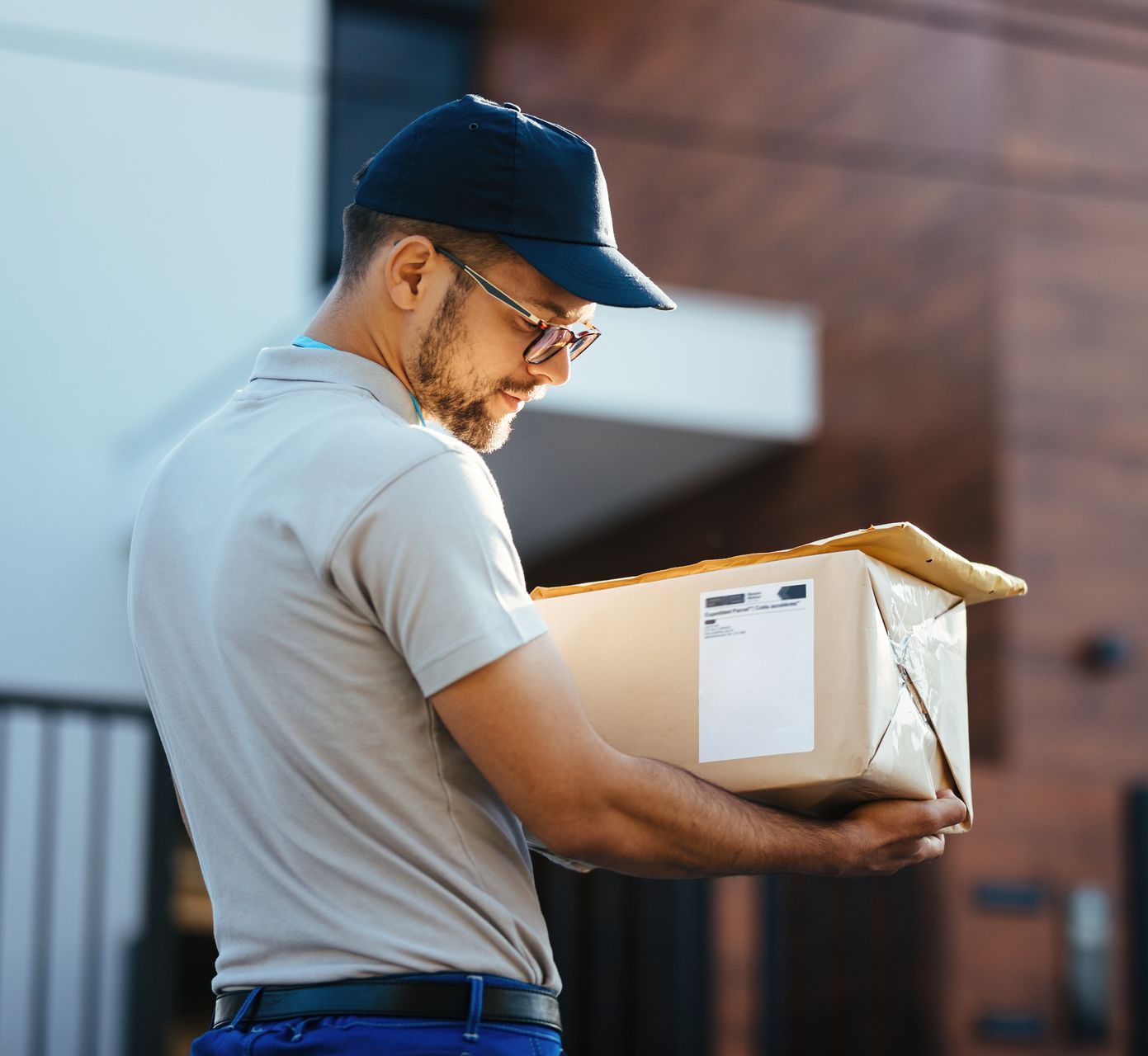
Frequently Asked Questions
What is considered hard rubbish and what items can I put out for collection?
Hard rubbish generally refers to bulky household items that cannot be placed in regular waste bins due to their size or material.
This includes things like old furniture, mattresses, white goods (such as fridges, washing machines, and dryers), e-waste (like TVs and computers), and large outdoor items like barbecues, bicycles, or garden tools.
Some councils also allow small amounts of building materials, timber, or carpet, though there are usually strict quantity limits and preparation guidelines.
It's important to check your local council’s hard waste guidelines, as rules differ from region to region.
For example, many councils will not accept hazardous materials like paint, gas bottles, asbestos, or chemicals.
Items should typically be placed neatly on the nature strip or designated collection point, often the night before the scheduled pickup.
If you're unsure whether something qualifies as hard rubbish, consult your local council's website or contact their waste services department.
How does hard rubbish removal work and how do I book a collection?
Hard rubbish removal services are typically offered by local councils either on a scheduled basis (certain times of the year) or through a booking system.
In a scheduled system, the council designates a specific date or period when residents can place items out for collection.
In contrast, booking systems allow residents to request a collection date that suits them, often with a limited number of free collections per year.
To book a hard rubbish collection, most councils provide an online form or a dedicated phone line.
You'll be asked to describe the items you're putting out and how much there is.
Once booked, you'll receive a confirmation with guidelines on how to prepare and where to place the rubbish.
It's essential to follow these guidelines closely, as improperly presented items may not be collected and could result in fines.
Alternatively, private removal services are available for faster or more frequent pick-ups, especially for items councils won’t accept.
Where does hard rubbish go after collection and is it recycled?
After collection, hard rubbish is taken to a waste sorting facility, where items are separated for recycling, reuse, or landfill disposal.
Many components of hard rubbish are recyclable—metal frames, electronic waste, and some plastics are diverted from landfills and sent to appropriate recycling streams.
White goods, for instance, are often de-gassed and stripped for valuable metals before recycling.
Reusable items, such as furniture or working appliances, may be diverted to charities or repurposing centres. However, materials that cannot be reused or recycled—like damaged mattresses, certain mixed materials, or contaminated items—are sent to landfill.
To reduce environmental impact, it’s a good idea to separate recyclable items and consider donating anything that’s still in working condition before placing it out as hard waste.
Many regions are also increasing efforts to improve resource recovery through stricter sorting and recycling processes.
Locations We Service
Moving made simple, whether it’s down the road or across the country.

